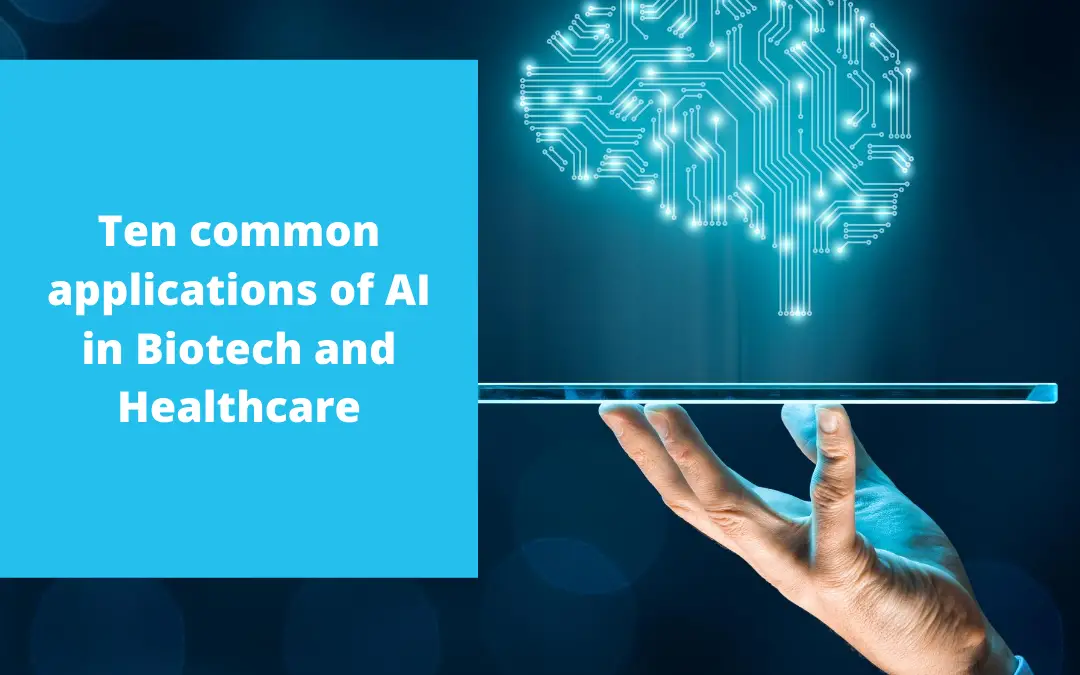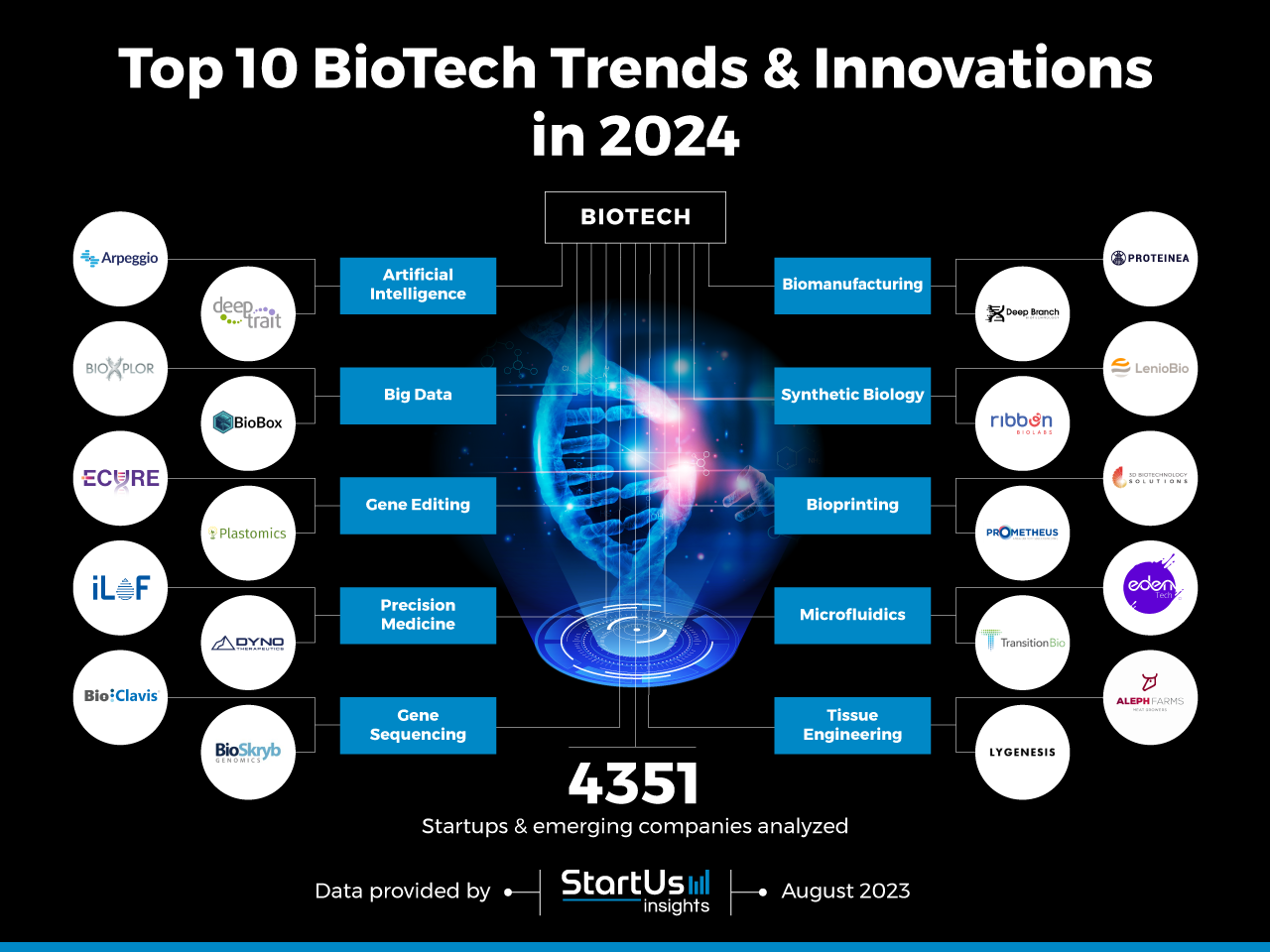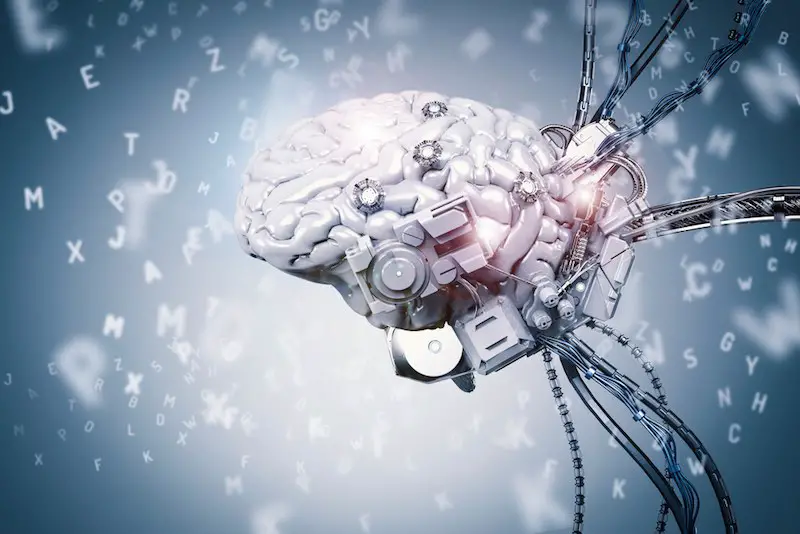The Future of AI in Biotechnology: Innovations and Applications

Artificial intelligence (AI) is rapidly transforming the field of biotechnology. From drug discovery to personalized medicine, AI is enabling scientists to make groundbreaking advancements that were once thought impossible. Here are some of the key innovations and applications of AI in biotechnology:

1. Drug Discovery and Development: AI algorithms can analyze vast amounts of data to identify potential drug targets and predict the efficacy and side effects of new compounds. This can significantly accelerate the drug discovery process and reduce the risk of costly failures in clinical trials.

2. Personalized Medicine: AI can help tailor treatments to individual patients based on their genetic profile, lifestyle, and medical history. By analyzing patient data, AI can predict disease risk, identify optimal drug combinations, and monitor treatment outcomes. This approach can lead to more effective and targeted therapies.
3. Gene Editing: AI is used to design and optimize gene-editing tools, such as CRISPR-Cas9. This technology allows scientists to make precise changes to DNA, enabling the correction of genetic defects and the development of new therapies for genetic diseases.
4. Medical Imaging: AI algorithms can analyze medical images, such as MRI and CT scans, to detect diseases at an early stage and improve diagnostic accuracy. AI can also be used to create virtual models of organs and tissues, facilitating the planning of surgeries and other medical procedures.
5. Biomanufacturing: AI is being used to optimize biomanufacturing processes, such as cell culture and protein production. By analyzing production data and predicting yields, AI can help improve efficiency and reduce the cost of producing biologics.
The integration of AI into biotechnology is unlocking unprecedented opportunities for innovation and progress. As AI continues to advance, we can expect to see even more transformative applications that will revolutionize healthcare and improve human well-being.## The Future Of Ai In Biotechnology: Innovations And Applications
Executive Summary
Artificial intelligence (AI) is rapidly transforming the biotechnology industry, driving innovation and unlocking new possibilities in drug discovery, personalized medicine, and disease diagnosis. This article explores the pivotal role of AI in biotechnology, examining its transformative applications and the profound impact it will have on the future of healthcare.
Introduction
Biotechnology, the convergence of biology and technology, has revolutionized healthcare, leading to groundbreaking advancements in medicine and disease treatment. With the integration of AI, biotechnology is poised to soar to unprecedented heights, propelling the industry towards personalized, data-driven, and transformative solutions.
FAQ
-
What is the role of AI in biotechnology?
- AI empowers biotechnology by analyzing vast datasets, identifying patterns, and predicting outcomes, enhancing drug discovery, personalized medicine, and disease diagnosis.
-
How does AI contribute to drug discovery?
- AI facilitates drug discovery by analyzing molecular structures, predicting interactions, and optimizing lead compounds, accelerating the development of safer and more effective treatments.
-
What are the applications of AI in personalized medicine?
- AI enables personalized medicine by tailoring treatments to individual genetic profiles, predicting disease risks, and developing targeted therapies, empowering patients with proactive healthcare.
Subtopics
Drug Discovery
- Accelerated Drug Development: AI streamlines drug discovery by identifying promising compounds, predicting efficacy, and optimizing lead optimization, shortening the time to market for new therapies.
- Precision Medicine: AI enables personalized drug selection by analyzing patient data, genetic profiles, and disease history, ensuring tailored treatments for optimal outcomes.
- Drug Repurposing: AI identifies new therapeutic uses for existing drugs, expanding treatment options and reducing healthcare costs.
- Virtual Screening: AI screens vast compound libraries, predicting interactions with target molecules, accelerating the identification of potential drug candidates.
Personalized Medicine
- Precision Diagnostics: AI analyzes genetic and clinical data to identify disease risks, enabling early detection and targeted interventions.
- Personalized Treatment Planning: AI tailors treatments based on individual patient profiles, optimizing dosage, duration, and drug combinations for improved outcomes.
- Predictive Analytics: AI models predict disease progression, treatment response, and adverse events, empowering clinicians with valuable insights for informed decision-making.
- Wearable Device Integration: AI analyzes data from wearable devices, monitoring vital signs, detecting abnormalities, and providing personalized health recommendations.
Disease Diagnosis
- Medical Imaging Analysis: AI algorithms analyze medical images, detecting subtle patterns and anomalies, enhancing accuracy and reducing diagnostic errors.
- Early Disease Detection: AI models analyze patient data, identifying early signs of disease, enabling timely interventions and improving treatment outcomes.
- Differential Diagnosis: AI algorithms differentiate between similar diseases, providing clinicians with accurate diagnostic suggestions and reducing misdiagnoses.
- Telemedicine Applications: AI enables remote patient monitoring, symptom analysis, and virtual consultations, expanding healthcare access and improving care delivery.
Ethical Considerations
- Data Privacy: Ensuring the confidentiality and security of patient data is paramount, requiring robust data protection measures and ethical guidelines for AI applications.
- Algorithmic Bias: AI algorithms must be trained on diverse datasets to mitigate bias, ensuring fair and equitable healthcare for all.
- Transparency and Accountability: The development and deployment of AI systems in biotechnology should adhere to principles of transparency and accountability, fostering trust and acceptance.
Conclusion
AI is redefining the landscape of biotechnology, unlocking unprecedented possibilities for healthcare innovation. From accelerating drug discovery to enabling personalized medicine and revolutionizing disease diagnosis, AI’s impact is profound and far-reaching. As the integration of AI advances, we can expect even more transformative applications, leading to a future where healthcare is tailored, precise, and accessible for all.
Keyword Tags:
- AI in Biotechnology
- Drug Discovery
- Personalized Medicine
- Disease Diagnosis
- Healthcare Innovation

